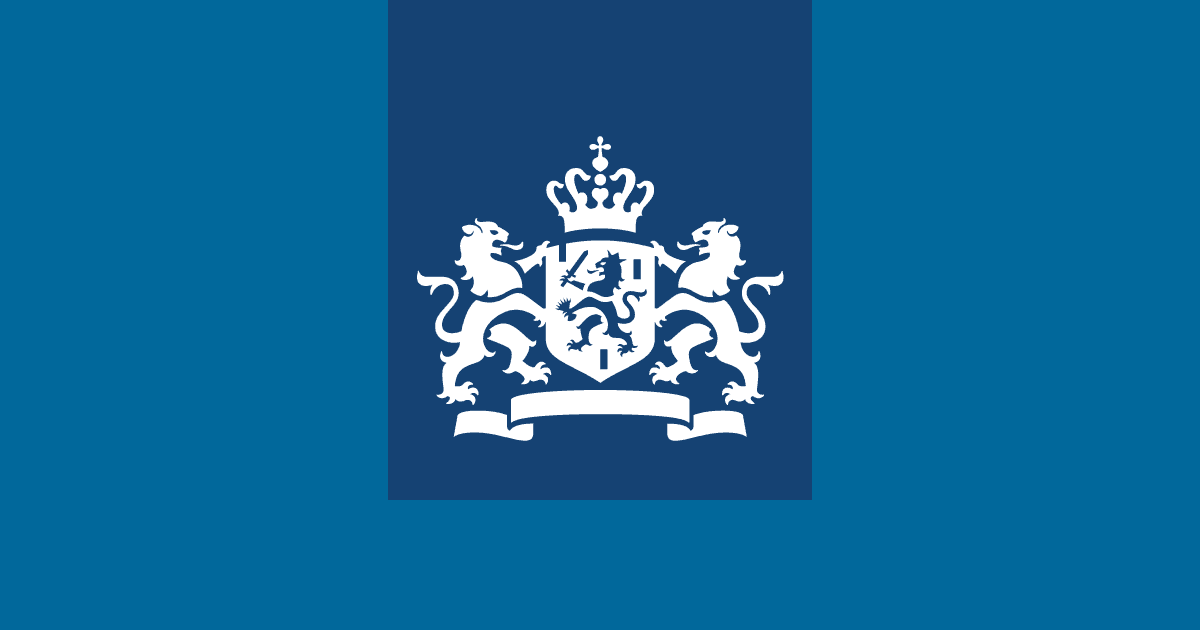The 16th Conference of the Parties to the Convention on Biological Diversity, COP16, marked a historic milestone in terms of participation and advances in environmental protection and biodiversity. Held from October 21 to November 1, 2024, this summit exceeded expectations, gathering over 21,000 participants and becoming the largest COP attendance to date.
Achievements of COP16
COP16 achieved notable progress in engaging local and Indigenous communities. A permanent body for indigenous peoples and local communities was created, and the role of Afro-descendants as custodians of biodiversity was recognized. Their direct inclusion in negotiations ensured that their voices were heard and that efforts to protect their lands and cultures—essential for biodiversity conservation—were prioritized.
Significant agreements were reached to integrate biodiversity into the global economy, recognizing its intrinsic value and economic potential through sustainable conservation. This approach also strengthened the synergy between biodiversity and climate agendas, enhancing commitments to inclusive, sustainable climate mitigation efforts.
The concept of a bioeconomy received strong backing at COP16, with initiatives aimed at building sustainable value chains to generate wealth from biodiversity without compromising ecosystem health. The conservation of the Amazon was another key topic, with multilateral commitments made to protect this region, recognized as a pillar of global biodiversity and critical to climate balance.
A major achievement was the Global Marine Area Conservation Agreement, aimed at safeguarding vital ocean ecosystems around the world. This international accord will support more sustainable marine resource management to help reverse biodiversity loss in oceans.
The Active Participation of the Netherlands
The Netherlands stood out as a key player at COP16, showcasing its leadership and dedication to addressing the intertwined challenges of biodiversity and climate change. Heading the Dutch delegation was Vice Minister of Nature and Fisheries, Donné Slangen, who led a team of approximately 20 skilled negotiators. Their contributions to the negotiations underscored the Netherlands’ unwavering commitment to advancing global efforts for nature conservation and climate resilience.
The Vice Minister played a key role in highlighting the Netherlands' contributions at COP16. He actively engaged in key meetings and side events, emphasizing the importance of collaborative approaches to biodiversity and climate action. Notably, he participated in the closing session of Food Day, where he shared the stage with Colombia's Vice Minister of Rural Development, Martha Carvajalino. Our Vice Minister also had the opportunity to give a short speech during the Ministerial luncheon organized by FAO where Ministers and high-level representatives discussed the development and implementation of their NBSAPs.
A major highlight of the Dutch presence was the Partners for Water pavilion, a dynamic hub that served as a platform for collaboration and innovation. Over 60 side events were hosted at the pavilion, bringing together diverse stakeholders to explore the critical nexus between water and biodiversity. These events drew substantial participation and promoted innovative and sustainable solutions.. By prioritizing integrated approaches and sharing expertise, the Netherlands reinforced its position as a global frontrunner in addressing environmental challenges.
Fostering Dialogue and Collaboration for Sustainable Conservation
Our ambassador, Reina Buijs, and our Agricultural Counselor, Léontine Crisson, also played an active role at COP16. They engaged in meaningful dialogue with Indigenous communities and campesino representatives, emphasizing the Netherlands’ commitment to recognizing and supporting their rights in the conservation and sustainable management of their territories.
Ambassador Reina Buijs also met with key members of the Colombian government, such as the Vice Minister of Environment, Mauricio Cabrera, to discuss shared priorities and foster collaboration on environmental and social initiatives. In addition, she participated as a speaker at various side events, addressing crucial issues that highlighted the intersection between biodiversity conservation, climate action and inclusive development.
A Unprecedented COP Biodiversity
COP16 represented a historic step forward, both in terms of participation and achieved outcomes, positioning itself as a globally significant event in the fight for biodiversity conservation. With the active inclusion of Indigenous and local communities and strengthened international partnerships, this COP reflects a shared commitment toward a more sustainable and biodiverse future.
This video we made during the event, in which we asked many participants what COP16 biodiversity meant to them, is a reflection of the diversity and inclusion that this event represented.
